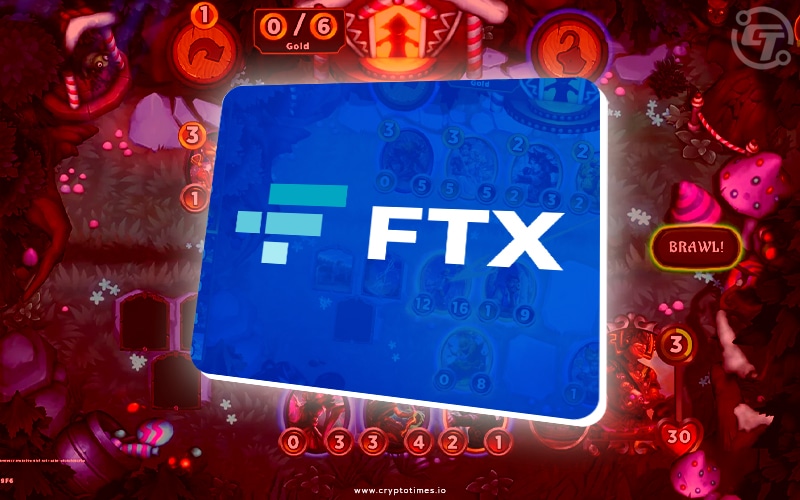The famous Crypto-trading platform FTX has made its first move into an in-house Web3 game development by acquiring Good Luck Games, the developer of the upcoming card battle game ‘Storybook Brawl’.
In Brief:
- Good Luck Games will be integrated into FTX Gaming following the acquisition.
- Storybook Brawl will be featured in the FTX booth at Game Developers Conference.
FTX US acquiring the gaming company means integrating Good Luck Games into FTX Gaming.
FTX initially became interested in Good Luck Games and Storybook Brawl after co-founder, Sam Bankman-Fried (SBF) tried the game and “…couldn’t stop playing,” sharing on Twitter saying, “I and many of our employees have been playing the game since it launched.”
“Outside of it being an incredibly fun game our whole office enjoys, with its highly engaging gameplay and free-to-play model, we saw an opportunity to be the vanguard for the ethical integration of gaming and crypto transactions in a way that hasn’t yet been done in this space,” he said.
FTX will have an art-based NFT demo of Storybook Brawl on display for attendees at Game Developers Conference in San Francisco.
The acquisition comes after FTX, the digital asset exchange giant, launched its native gaming unit. Its goal was to persuade gaming publishers to launch native tokens and offer in-game NFTs via the “crypto-as-a-service” platform. For the same, it hired Warner Brother Games executive Steve Sadin as Head of Gaming Partnerships.
SBF insisted on the importance of developing a great game saying, “If integrating crypto hurts a game, we don’t want to do it.” He also revealed FTX’s plans to build a whitelabel gaming package for the exchange.
Good Luck Games was founded by former professional Magic: The Gathering players Josh Utter-Leyton and Matthew Nass, as well as former senior game designer Matthew Place.
When Good Luck Games released their first major title, the free-to-play card-based auto-battler Storybook Brawl, in early access on Steam in June 2021, it became very popular.
The game is intended to be simple to play, but the variety of cards allows for more strategic gameplay as well as the creation of blockchain-backed digital game assets.






